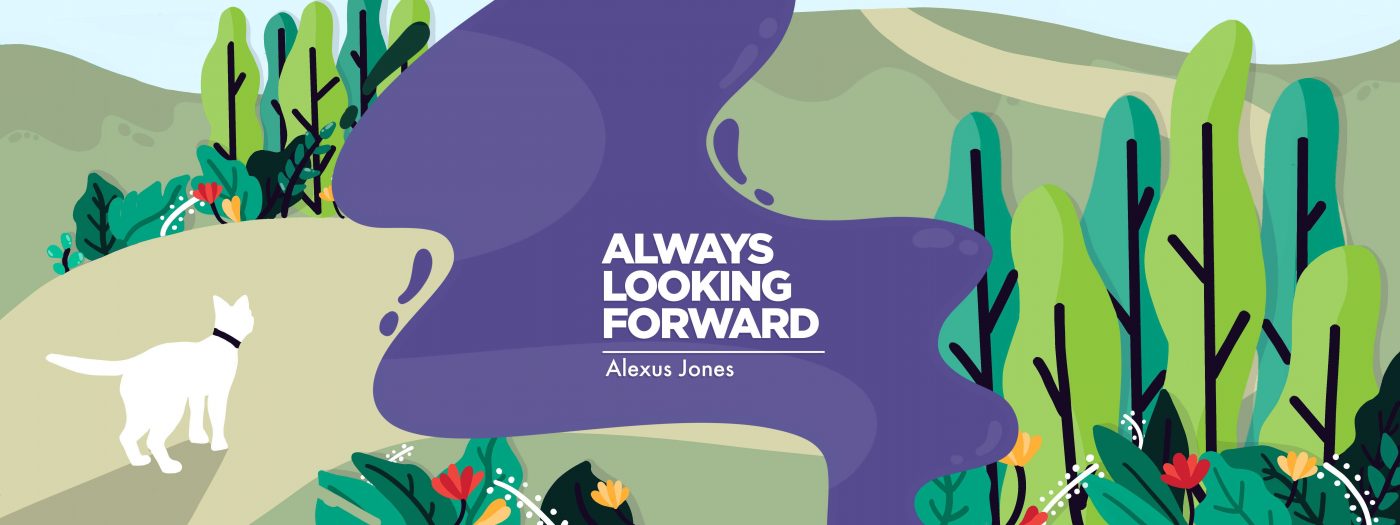My Experience Participating in an Observational Study

One afternoon in May, I got a call from a number I didn’t recognize, and I rejected it immediately. Given the number of spam calls today, I wouldn’t normally log that in my memory, but then I received a voicemail from the hospital where I was originally tested for Huntington’s inviting me to participate in a study.
I was very surprised, because while I’m gene-positive, I’m not symptomatic. I’m not even close to being symptomatic considering I’m 24 and the average age of onset is between 30 and 50.
I knew I wouldn’t likely qualify for an interventional study (such as a study in which a drug company enrolls participants to test its investigational therapy), but I was still very curious about the purpose of this study. I decided to give the coordinator a call, and I learned it was an observational study, with the goal of studying gene-positive people who are pre-symptomatic.
I recognize that any advancement in disease understanding could eventually lead to a cure, so I agreed to participate. I was told the study consisted of three visits, each spaced six months apart. Because the hospital is located near me, committing wasn’t an issue. I scheduled my first visit for July 6, which was this week.
When I arrived, the wonderful coordinator ran me through a panel of cognitive tests. She informed me that I shouldn’t focus on being “right” or “wrong,” but instead on just doing my best. While that is an important and excellent instruction, I felt frustrated every time I got something wrong due to my competitive nature. That being said, it was a fun challenge.
After the cognitive tests, I was taken for an MRI. For me, this portion of the study wasn’t a problem. It wasn’t my first MRI, and I love small spaces. It ended up being a nice break from my bustling past few weeks.
The biggest problem I had during the MRI was staying awake enough to listen to directions. (Plus, every time I dozed off, the items I was supposed to be holding would slip out of my hands.) As I lay there trying to keep my eyes focused on one point, I reminded myself that I was there for science and hopefully contributing to the hunt for a Huntington’s cure.
My competitive drive to perform well on the tests was probably the worst part of the day. All of the staff were friendly, I got to take half a day off work, and it was an interesting experience. I’m glad I was able to contribute in any way to Huntington’s research, and I look forward to finishing out my visits.
***
Note: Huntington’s Disease News is strictly a news and information website about the disease. It does not provide medical advice, diagnosis, or treatment. This content is not intended to be a substitute for professional medical advice, diagnosis, or treatment. Always seek the advice of your physician or other qualified health provider with any questions you may have regarding a medical condition. Never disregard professional medical advice or delay in seeking it because of something you have read on this website. The opinions expressed in this column are not those of Huntington’s Disease News or its parent company, Bionews, and are intended to spark discussion about issues pertaining to Huntington’s disease.






Beverly Peterson
Thank you for participating in the observational study. Your time and commitment mean the world to those of us hoping that understanding HD better will lead to treatments or even a cure.